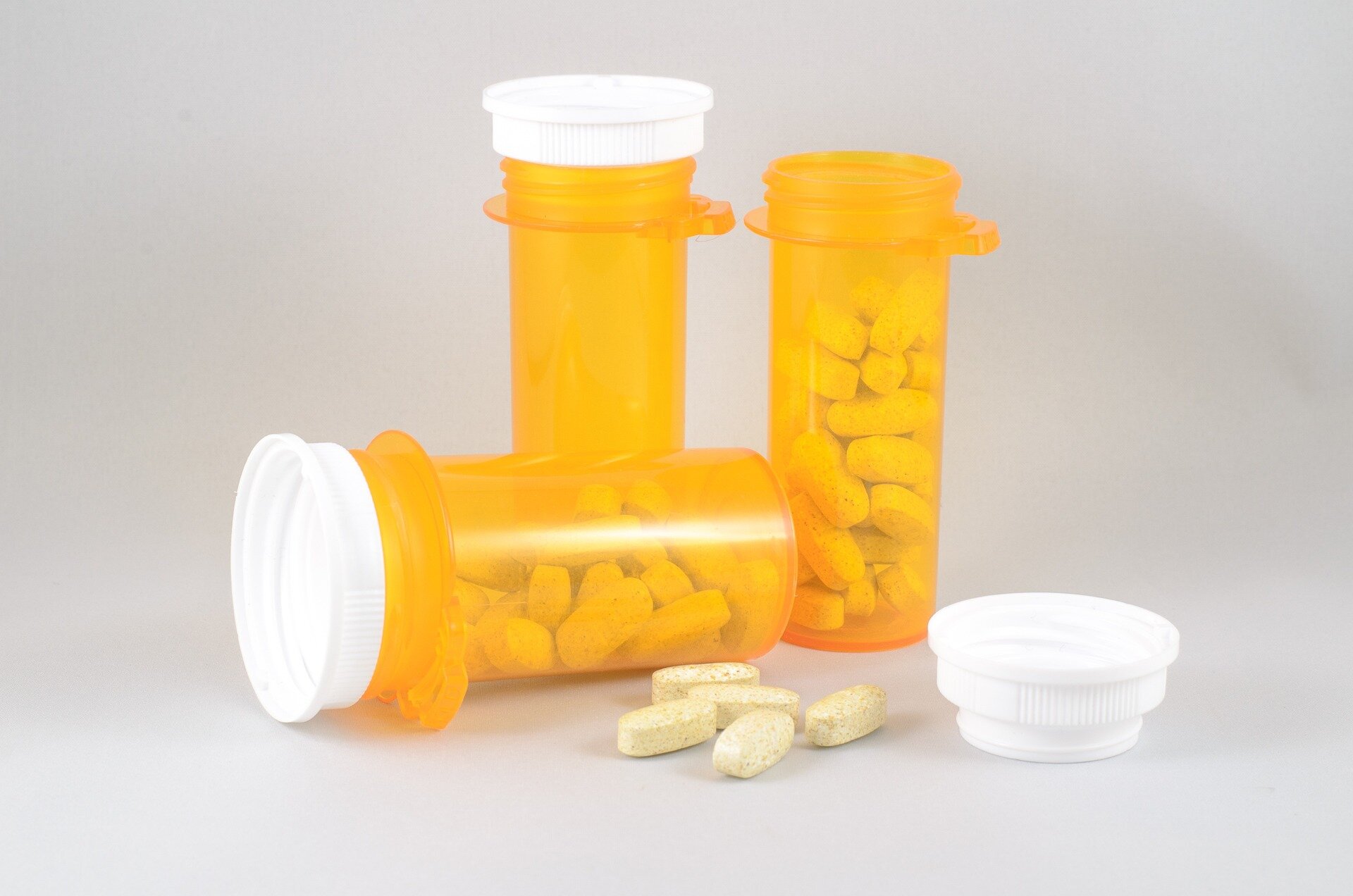For those suffering from treatment-resistant depression, the anaesthetic drug ketamine offers hope, but it has side effects and can be costly to access — a University of Otago-led clinical trial may change that.
Working in collaboration with New Zealand’s Douglas Pharmaceuticals, researchers have conducted a trial of ketamine in an extended-release tablet form.
The study, published in the journal Nature Medicine, involved 168 adults for whom regular anti-depressant therapy repeatedly failed. They either took a range of oral doses of ketamine or a placebo for 12 weeks.
Professor Paul Glue, Otago’s Hazel Buckland Chair in Psychological Medicine, says the highest dose of ketamine — 180mg — showed significant improvement in depressive symptoms, compared with patients who received placebo.
“Ketamine can be given by injection or nasal spray, but these methods can leave people feeling spaced out, sedated, and increases their blood pressure.
“This study shows the extended-release ketamine tablets are safe and effective, and overall, tolerability was good, with participants reporting minimal side effects,” he says.
Douglas Pharmaceuticals is now seeking the interest of partners to complete registrational clinical trials and prepare for commercialisation of the tablets.
“We have found there are many people, here in New Zealand and around the world, who have treatment-resistant depression, and who have no or very little chance of accessing ketamine.
“Because most doses of this tablet formulation can be taken at home, this is potentially a much cheaper and convenient option for these patients compared with weekly clinic visits for ketamine injections or nasal sprays.”
Ketamine has been used legally by doctors in New Zealand since the 1970s for sedation and pain relief, but it has been classified as an illegal drug for recreational use since the 1980s.
Professor Glue says having the drug in a tablet form reduces the risk of abuse as the manufacturing process makes them difficult to manipulate.

